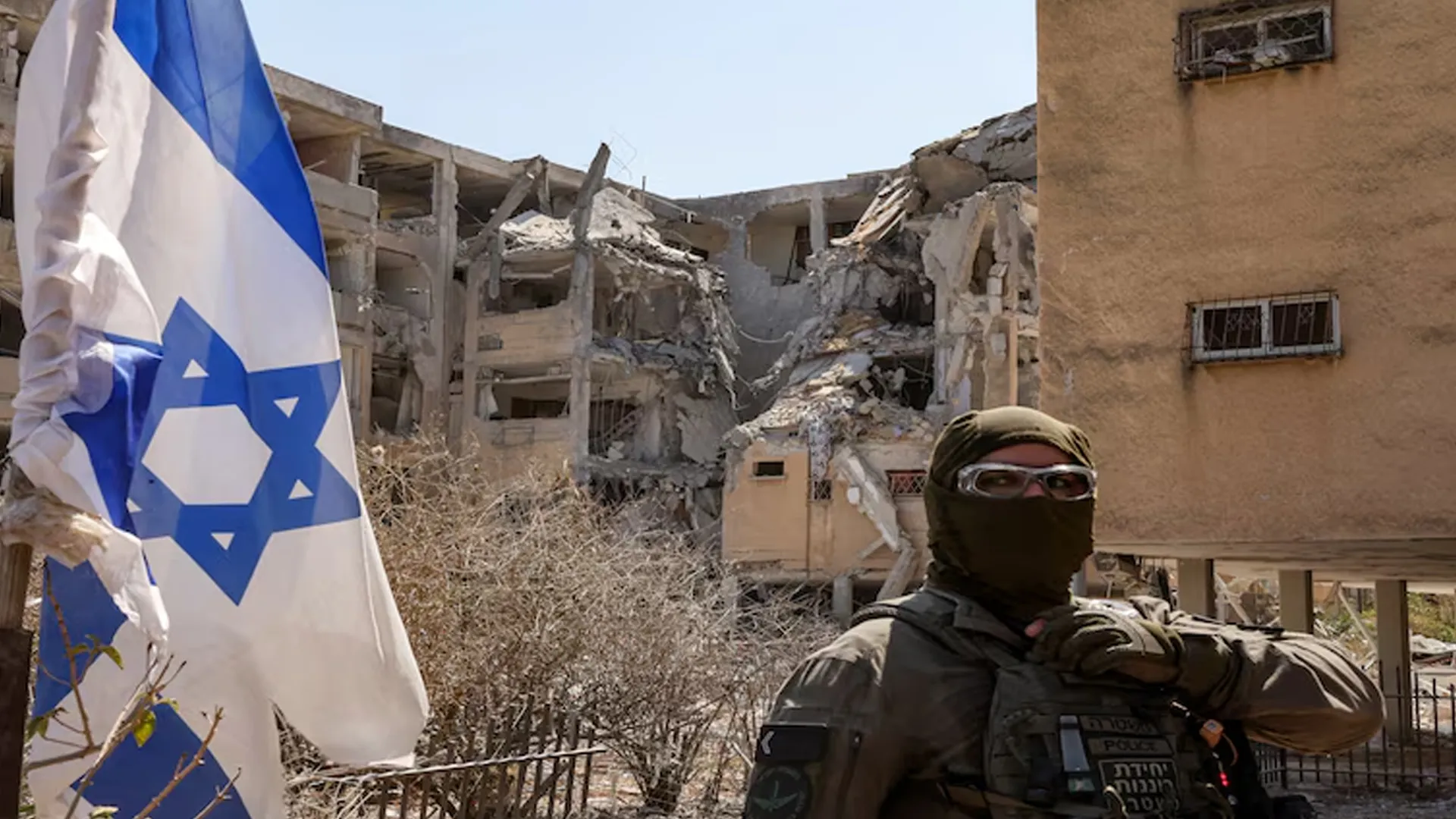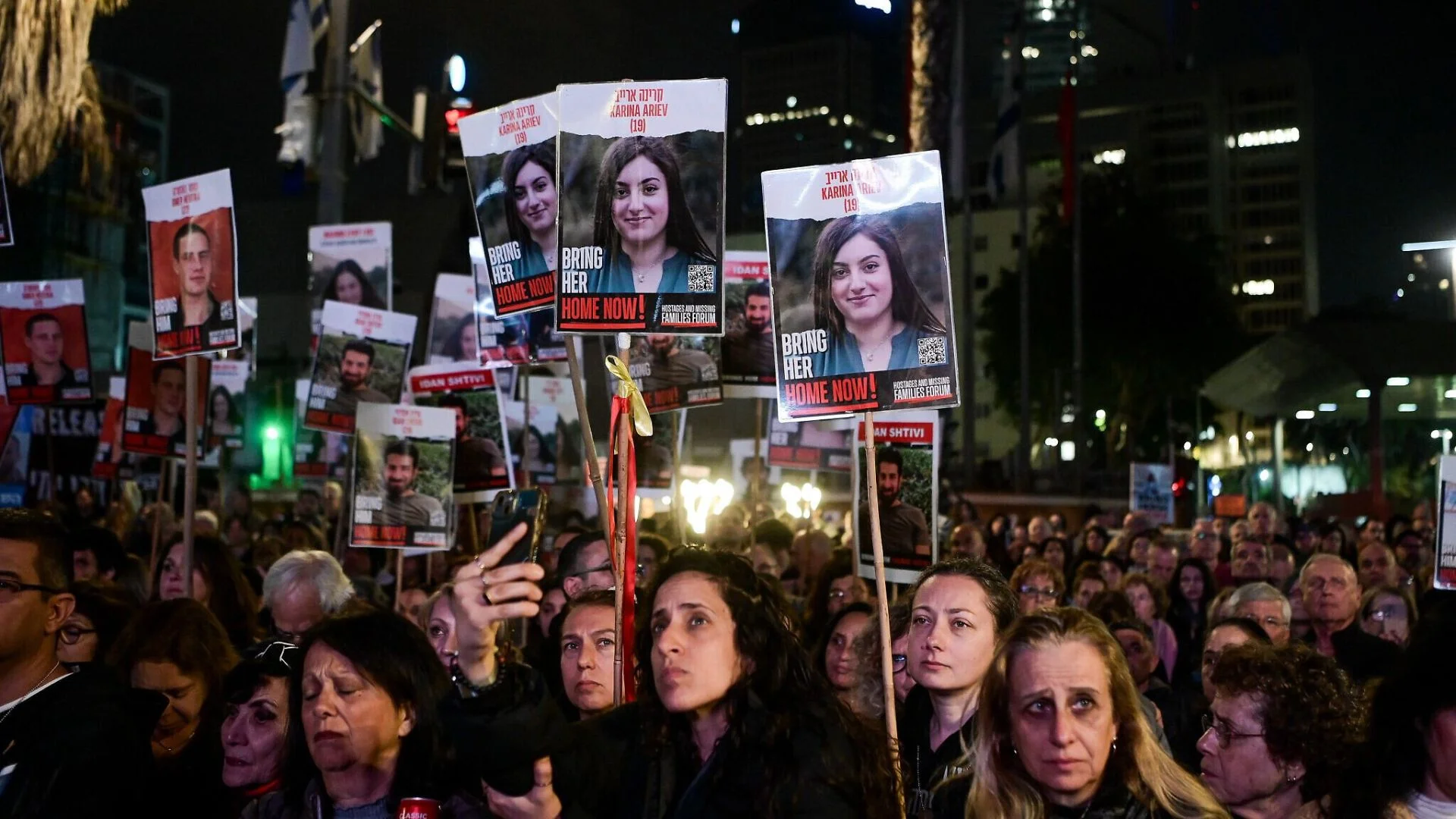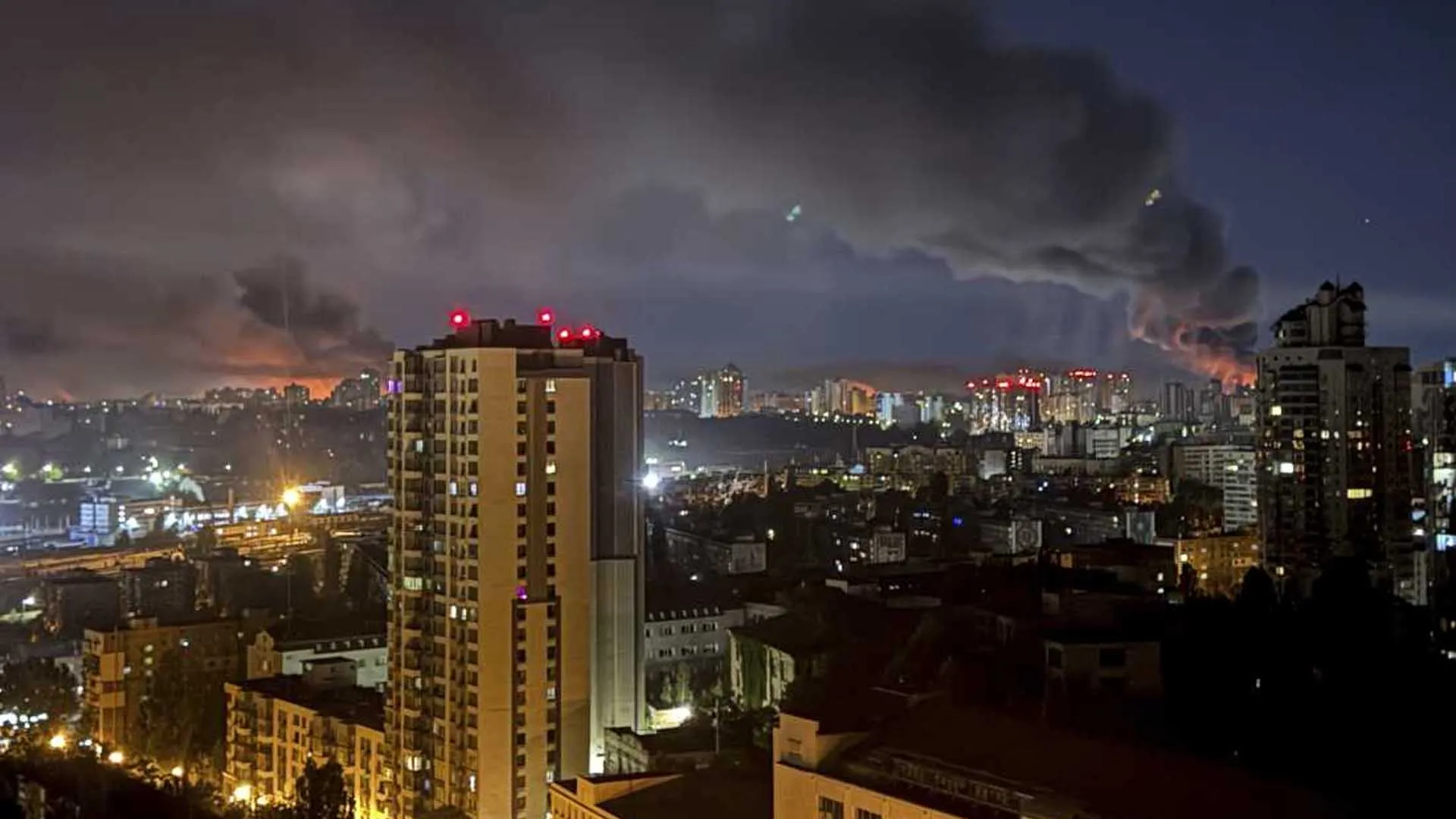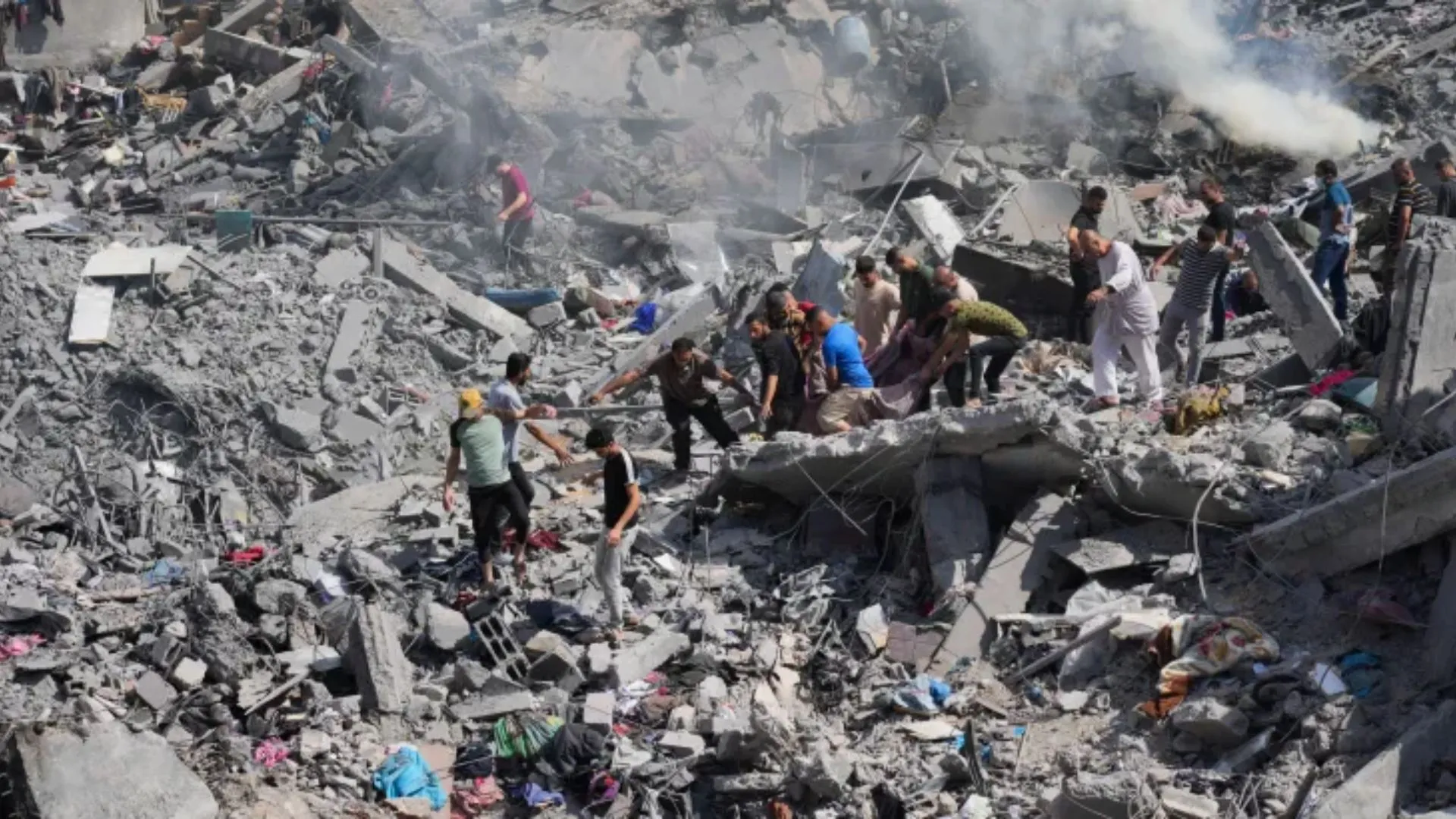Israel on Thursday claimed that Iran used cluster bombs in a missile strike — the first such use reported in the current seven-day war. Israeli authorities alleged that at least one missile fired by Iran scattered small bombs mid-air to cause widespread civilian harm.
The Israeli military said the attack appeared “intended to increase civilian casualties” by deploying submunitions across a broad area. This is the first accusation of cluster bomb usage since Iran began retaliatory strikes in the ongoing conflict.
What Are Cluster Bombs?
Cluster bombs are part of a broader category known as cluster munitions. These consist of a hollow shell that can be dropped from aircraft or launched from the ground. The shell opens mid-air, releasing dozens to hundreds of smaller explosives called submunitions or “bomblets.” These bomblets can cover areas the size of several football fields.
The main concern with cluster munitions lies in their indiscriminate nature. Some submunitions fail to detonate on impact, becoming long-term threats to civilians. They can kill or injure non-combatants years after a conflict ends, and are costly and time-consuming to remove.
History of Cluster Munitions
According to the International Committee of the Red Cross, cluster bombs were first used during World War II. Their widespread use and development expanded during the Cold War era, primarily aimed at destroying multiple dispersed military targets such as tanks and enemy infantry.
However, these weapons are far from precise. Their deployment is affected by environmental conditions like wind and terrain, making them highly unpredictable. This imprecision increases the risk of striking civilian areas, even when the intended target is military.
Global Ban and Exceptions
The Convention on Cluster Munitions was adopted in 2008 and came into force in 2010. Signed by 123 countries, it prohibits the use, production, transfer, and stockpiling of cluster munitions. It also requires countries to destroy existing stockpiles.
However, major military powers like the United States, Russia, and Ukraine have not signed the treaty. Just this March, Russia reportedly used cluster munitions in Dobropillia, Ukraine, killing 11 and injuring 40 civilians.
As Iran now faces accusations from Israel of deploying such banned weapons, international attention is expected to turn to potential violations of humanitarian law.























